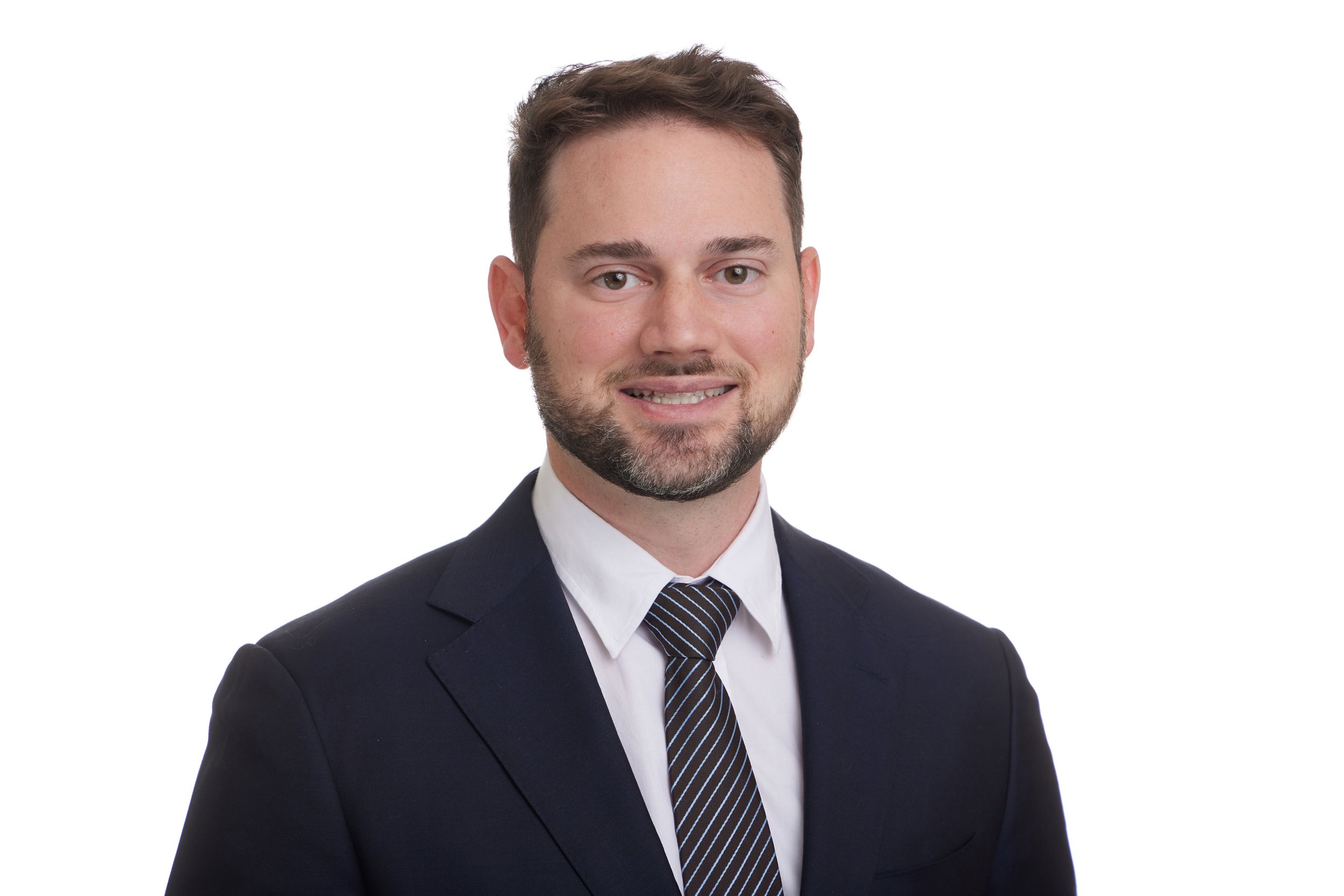Federal Circuit Clarifies Reasonable Expectation of Success for Software-Related Patents
On February 15, 2023, the Federal Circuit Court of Appeals (Federal Circuit) issued a decision in KEYnetik, Inc. v. Samsung Electronics Co., which dealt with a patent infringement dispute over wearable fitness devices.
Prior to the appeal, the United States Patent and Trademark Office (USPTO), in an inter partes review proceeding, held that U.S. Patent No. 8,370,106 assigned to KEYnetik was obvious in view of various prior art references. At issue, the Patent Trial and Appeal Board (PTAB) at the USPTO held that a person having ordinary skill in the art would have had a reasonable expectation of success in combining the prior art references.
In its appeal to the Federal Circuit, KEYnetik argued that the evidence in the IPR proceeding did not support the PTAB’s finding of a reasonable expectation of success because it was based solely on conclusory expert testimony. Samsung’s expert had testified that software modifications needed “to combine the prior art references would be ‘straightforward’ and ‘simple’ for a skilled artisan.” Slip Opinion at 3. KEYnetik further asserted that Samsung’s expert testimony was deficient as it did identify “specific software modifications a skilled artisan would need to make, how he would make them, and why he would have expected them to be successful.” Id.
The Federal Circuit disagreed, holding that Samsung’s expert had described the “specific function the software modifications would need to achieve” and that such modifications were straightforward and simple for a skilled artisan to implement. “Normally, once the function to be performed by software has been identified, writing code to achieve that function is within the skill of the art.” Id. (citing Fonar Corp. v. Gen. Elec. Co., 107 F.3d 1543, 1549 (Fed. Cir. 1997)).
In sum, the Federal Circuit held that, in the lack of evidence to the contrary, expert testimony detailing that a modified function of software and implementation of such, if simple and straightforward, is sufficient to establish a reasonable expectation of success.
This decision provides further guidance on obviousness issues related to software and computer-implemented inventions.
About PKH. Perilla Knox & Hildebrandt LLP is an intellectual property boutique law firm based in the Atlanta, Georgia area. The firm is committed to the service of its clients in the establishment, enforcement, and defense of intellectual property rights. Perilla Knox & Hildebrandt, LLP maintains an office in downtown Alpharetta, at 44 Milton Ave., Suite 144, with its web site at www.pkhip.com.

